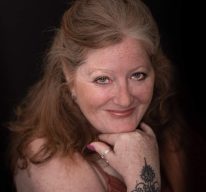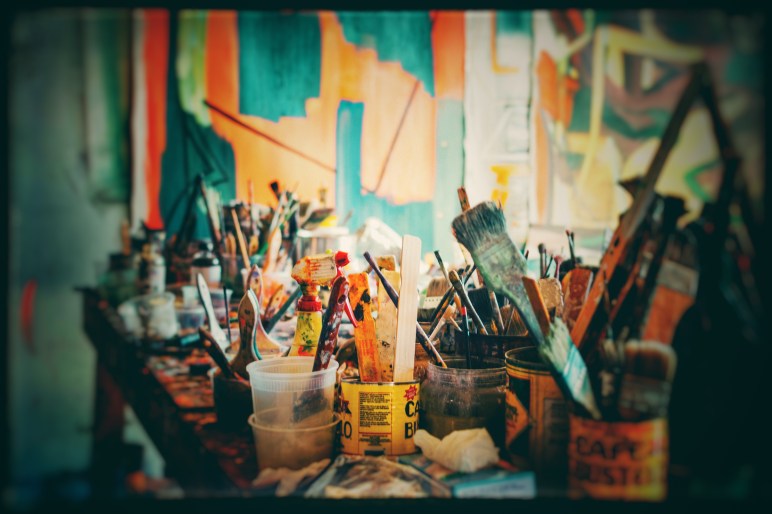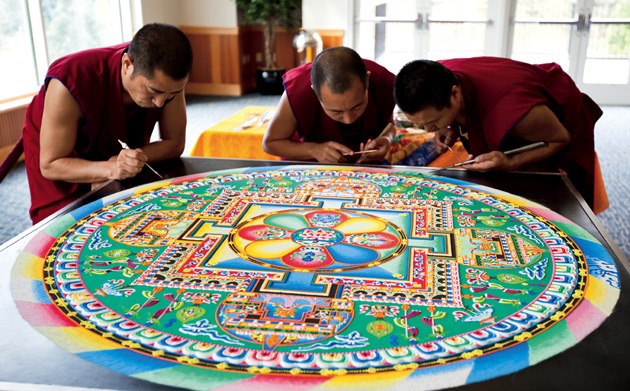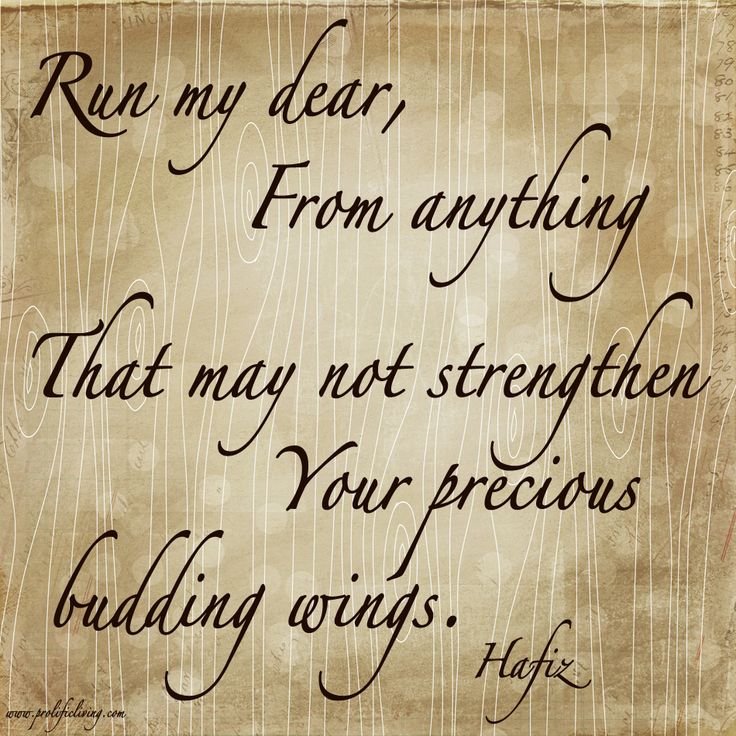RD Blog Week #1 – The Medicine – Patients with autoimmune disease often are not treated well by Doctors & Pharmacists when we ask for or receive pain medication. What has been your experience?
This is a blog I drafted last Friday, whilst it may seem a smidge off topic I feel it accurately reflects the experience of so many of us with chronic pain.
I recently watched a half hour TV programme called ‘Britain on Painkillers – The Silent Epidemic”. I truly wish I hadn’t bothered. I should have realised from the title that this would not be a balanced & factual scientific look at pain medication, with input from all sides of the pain management arena, but instead an incredibly biased piece of presenting laughingly called journalism. Thanks ITV 1, this is exactly why I no longer watch you. I was literally pausing every few seconds to check I was hearing correctly, then stopping to make notes, the more I saw & heard the angrier I became. Hardly my usual Zen Friday evening!
*I’m trying very hard as I proofread this to remove any sarcasm, please forgive me if it can’t help slipping in.
Very early in the programme we were addressed by Dr Frances Cole, a Pain Rehabilitation Specialist who started by saying that whilst Opioids are effective for short-term pain, for chronic pain they are “pretty useless”. She went on to say “People & pain become a muddle of hopelessness, unhappiness, despair, loss of jobs, loss of income. Are Opioids really going to address that? No!” I’m guessing that she meant people IN pain, but same difference. I don’t disagree with her observation that people diagnosed with chronic conditions suffer emotionally, this simple fact is a known truth within the chronic pain community, both anecdotally & from scientific study. Receiving a chronic health diagnosis is life changing.
However…Her question at the end of that statement seems to deliberately obfuscate the point. We do not require or expect effective pain relief to fix our emotional responses, expedite our way through the grieving process or regain employment or mobility for us. We simply want to stop or at least dial down the hurting for some of the time. Not an unreasonable ask, surely?
The presenter then noted that an estimated 43% of British people are suffering with some form of chronic pain. No data or qualification was given so I’m unable confirm or deny this number, but it would seem logical to me that it would be inhumane for any medical professional to expect 43% of the population to just ‘live with it’.
The programme then segued into filmed conversation with a patient; I’ll just call her AB. The presenter stated AB was “plunged into dependency” on Opioids after damage to nerves in her back. Repeated shots of AB lifting blister packs of tablets from a plastic box were shown, interspersed with shots of her playing toddler to emphasise the ‘danger’. The medications she specifically mentioned were Tramadol & Codeine. She said “I have to keep it (the tablets) in the box locked up high because a lot of this is very dangerous, for most people it can be fatal…. I was given these drugs with no guidance or support on how to use them” It was also mentioned that once she’d started taking the meds she suffered with drowsiness, nausea & memory loss.
Where do I begin? I can indeed confirm that both Tramadol & Codeine if taken incorrectly can be fatal. So can paracetamol, arsenic (cherry stone anyone?), sugar, nutmeg and water. Earth is fatal if you are buried in it, in fact life itself could accurately be described as a fatal condition. Ridiculous and more importantly irrelevant nonsense. I think it was at this point my BP rose to nuclear.
To address her other points:
- No-one in the UK can legally obtain Opioids without a prescription from their doctor. They are a controlled substance. A prescription, by its very nature prescribes (stipulates) how many pills you should take, and how often, as well as if you need to take them with food, or avoid alcohol or driving. If this isn’t enough ‘guidance’ for you, then the instructions are also printed on a label stuck to the box, and warnings about the dangers of not taking them as prescribed are on the patient information leaflet, along with common side effects and advice to report these to your doctor
- Drowsiness is a common side effect of Opioids and is clearly advised on the prescription label, the box & the leaflet. However drowsiness, nausea and memory loss can also be caused by severe pain. Scientists know that pain interrupts the neural pathways that store information in our memory. This is why so many chronic conditions cause what is known as brain fog, it’s a common & frustrating issue. So whilst it is true that Opioids may have been behind these symptoms, it’s at best disingenuous not to mention another very likely cause
The programme did briefly attempt to explain the way Opioids work by both blocking the way we process the pain signal, and activating a release of Dopamine, saying that this causes a ‘feel good’ feeling, which we then want more and more of, and this is what causes addiction. I’ll leave my very simple response to this claim to real science, using the voice of Dr David Ley – “Dopamine serves many complex functions in the brain, and only kindergarten brain science describes it as an addictive drug.”
Dr Cole was wheeled out again, this time describing how long term Opioid use can cause horrid side effects such as becoming sickly, groggy, confused, drowsy & muddled. As at least two of these terms mean sleepy, and two mean confused one suspects hyperbole. She went on to say Opioids also cause depression, suicidal thoughts, that they affect the “mind through to the body”. Am I saying it’s not possible for them to do this? Absolutely not. But – speak to any chronic pain patient. In fact speak to anyone who has ever received a life changing diagnosis from a doctor. They will all tell you that it sometimes takes weeks, months or even years to grieve. We grieve for our healthy selves, our previous lifestyle, our loss of employment, our sense of identity, our activity levels, our mobility, and many other emotionally impactful changes.
You don’t need a medical degree to be aware that life-changes cause emotional distress, anxiety & depression. Now add in constant debilitating pain. Trust me, life initially feels very bleak. Depression causes among other things an urge to sleep, confusion & suicidal ideation. I’m not saying it’s either/or, but that both need to be factored into a patients mental state – if mind affects body then certainly the reverse is true, body affects mind. Have I said disingenuous already?
Moving on, a Pain Consultant stated that Opioids only work for 1:10 patients anyway. No idea what data was used to make this claim, but even if we accept this as factual I would offer the following comparison as food for thought. Less than 20% of people diagnosed with cancer types which are difficult to diagnose and/or treat survive their cancer for ten years or more (2010-11). Recent CDC studies show that flu vaccination reduces the risk of flu illness by between 40% and 60% among the overall population. Both of these measures save lives. No-one is even suggesting that we stop offering treatment or vaccinations because they don’t work for everyone. Yet this is the view offered here. Does one have to be in a life threatening situation before medical professionals will allow us to play the odds? Ask almost any chronic pain patient if they’d like to try a pain relief medication that has a 10% chance of being effective & the answer will undoubtedly be yes please. (The latest data I can find {NIH,2017} suggests Opioids will be effective for 30-50% of Chronic pain patients).
The presenter then talked about an increased number who are addicted to Opioids, again no data was given. She stated that the biggest problem with long term Opioid use is addiction and that ¼ of a million people in Britain are currently struggling with Opioids. Even if one ignores the fact that “struggling with Opioids” is hardly a scientifically defined term, this number seemed very low to me. I’m no maths genius, but, if Great Britain has 65 million folks, and we calculate the % of the population that a ¼ of a million are, we find that according to the programmes own numbers in reality only 0.4% of our Opioid patients are ‘struggling’. I truly feel for those who become addicted to legal painkillers, but this is hardly what one would reasonably describe as an epidemic.
Unsurprisingly to anyone familiar with this topic about two thirds of the way through the tone of programme changed from vague to patronising. Almost anyone living with chronic pain will have experienced these pearls of wisdom many times, from not only medical professionals but their friends & family. Trust me, frustrating!
At this point viewers were treated to the opinions of a Dr Rebecca Hennessy. She was very keen we realise that she as a doctor had a ‘responsibility to say no’ when long term pain relief is requested. She started by saying that is easier for patients to take a pill rather than undergo long term courses of therapy. She followed this with “we have to help patients understand why no is in their best interests. The challenge comes when you’ve got someone who is overwhelmed…. they haven’t got much resilience to lose the weight, do the exercise, meditation, all the other things we look for”
At this point I was torn between saying ‘what the f*ck’ a lot, laughing hysterically or sobbing. The words I actually scribbled down were patronising garbage.
The same NIH study linked above also says “It is important to emphasize that the term “pain management” has not been clearly defined and sometimes is used erroneously to denote solely pharmacologic tools. Yet pain management may involve the use of a number of tools—both pharmacologic and nonpharmacologic—to relieve pain and improve function and quality of life. Before proceeding to a review of these various treatments, it should be noted that, while each may be used on its own, their integration in multimodal strategies that cut across medical disciplines and incorporate a full range of therapeutic options—including cognitive-behavioural, physical/rehabilitation, pharmacologic, and interventional therapies—has been shown to be most effective in the treatment of chronic pain”
It goes on to state that unsurprisingly US insurance companies are very reluctant to sign off on nonpharmacologic interventions. A simple equation that unfortunately also afflicts the NHS – money. Mental health care, CBT, massage, physiotherapy etc all cost far more than opioids. So essentially some parts of the medical profession want to remove medication without providing patients with the NIH recommended holistic approach to pain. Quelle Surprise.
Those who know me (& regular readers) will know that I am incredibly open minded when it comes to managing both my illness and my mental health. The two are inextricably linked. However – I also respect real science, and know that treatment for one should not be confused with treatment for the other. I practice relaxation techniques, I meditate, I practice gratitude daily, and I’ve mostly come through my own grieving process. All of these things take time, and are often a steep learning curve. Do they help me cope with being in pain every single minute of every day? Yes, without doubt. Do they relieve my pain? Not in the bloody slightest, I’m mostly able to process it in a less invasive & emotional way, but it is still there, a constant unasked for traveling companion.
The only things that provide actual pain relief are Tramadol, Oxycodone and Marijuana. As one is illegal here obviously that’s only guesswork(!), but I can confidently assert that the Opioids always turn the pain down by 40-50%, and I always take them as prescribed by my doctor. I don’t even use them daily, not because I’m pain free but because I’ve built up quite a high level of pain tolerance and would rather keep the meds in reserve for when I’m in real discomfort. My choice.
The most frustrating thing for me was that throughout the programme was conflating methods for reducing pain with methods for coping with pain, as well as using the terms dependency and addiction interchangeably. They are all very different things and should be respected as such. I can only surmise that the intention was to deliberately confuse the average viewer.
I’ll finish what has turned into an opus with one of the last statements made by the presenter, which illustrates my last point beautifully. “The long term gain (of reducing Opiod use) will be fewer people trapped in the circle of dependency, a relief for them and their families.” Believe me no-one minds being dependent on a medication, they save lives. Millions of us are dependent, diabetics on insulin, on immunosuppressants, on inhalers, even cardiology patients on simple but life saving aspirin. We need those medications to survive, to live, to thrive. This is the way in which the majority of chronic pain patients are dependent on Opioids. We are not addicts.


















